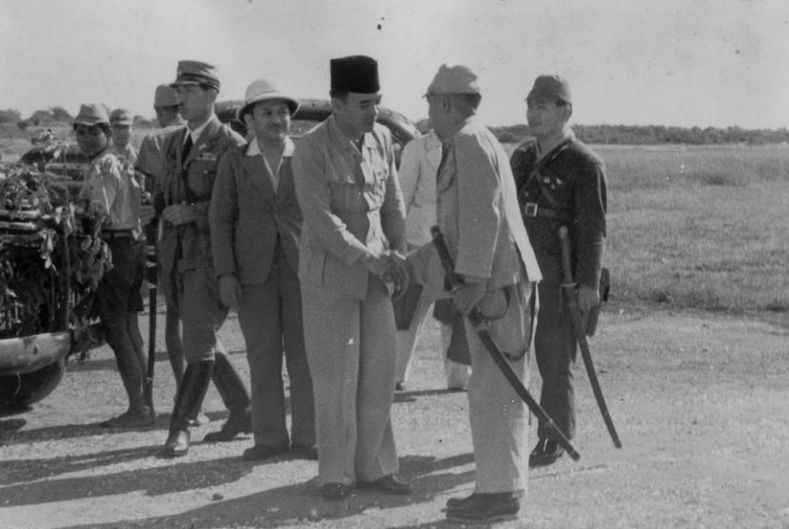Japanese culture is fascinating, particularly their discipline and their unmatched ethics. Despite loss or humiliation, it is known that they remain honorable and conduct themselves to the highest degree of respect. But did you know the story about a Japanese general in the second world war who felt his sentence was insufficient?
General Hitoshi Imamura was sentenced to 10 years of prison for failing to control his troops as they committed war crimes against Australian troops. He felt that his sentence was too short, so he rebuilt his cell in his backyard.
Who Was Hitoshi Imamura?
Hitoshi Imamura was born on June 28, 1886. He was a native of Sendai City in the Miyagi Prefecture. Imamura’s father was a judge. He graduated from the Imperial Japanese Army Academy in 1907, then later in the Army War College in 1915.
In two years, Imamura was promoted to captain and was sent to England as a military attaché in 1918. By April 1927, he became the military attaché to British India. Two years later, he was promoted to colonel, holding several staff positions in the Operations Section of the Imperial Japanese Army General Staff.
In 1932, Imamura was sent to command the IJA 57th Infantry Regiment in Shanghai, China. Upon his return to Japan, he became the commandant of the Narashino Army School and, in 1935, was again promoted as the brigade commander. In just three years, he was again promoted to the rank of lieutenant general and, in two years, was promoted to one of the most powerful posts in the Japanese Army, the Deputy Inspector-General of Military Training.
During the second world war, Imamura was appointed as commander of the 16th Army, whose directive was to invade the Netherlands East Indies. The following year assumed command of the 8th Area Army, responsible for the 17th and 18th armies. Imamura successfully captured Rabaul, New Britain, and in 1943 was promoted to full General.
General Imamura successfully captured Java, where Indonesians welcomed him and his troops. His stay and mandate of Java gained strong criticisms from others in the Army. They claimed that Imamura’s policies were too mild by Japanese Army standards. (Source: Academic)
Imamura’s mild policy included allowing Indonesian officials’ reappointments, reopening the schools, and working on the immediate reconstruction and reestablishment of the Indonesian economy. Imamura’s approach won over many Indonesians, including Sukarno, the Indonesian leader.
In 1945, Imamura was forced to surrender to Australian troops, ending the Japanese occupation in Rabaul and the southern Pacific Islands. (Source: Cornell)
The Trial After the War
By the end of the second world war, Imamura and his troops were detained in Rabaul by the Australian Army. Imamura and his Army were accused of war crimes, including executing Allied prisoners of war. Imamura and his troops were to be tried in a military tribunal.
Imamura, wanting to speed up the prosecution of his troops, wrote a letter to the Australian commander in Rabaul, asking that his trial be expedited and be prosecuted quickly. He was charged for failing to discharge his duty and failing to control the members of his command, which brought them to commit brutal atrocities.
Imamura was convicted and sentenced to ten years of imprisonment. He served his sentence in Sugamo Prison in Tokyo and was released in 1954. David Van Reybrouck, the author of the book Revolusi, reported that Imamura felt that his sentence was too light for the crime he committed. To continue his repentance, he had a copy of his prison cell rebuilt in his garden, where he spent the remainder of his life. (Source: Academic)
